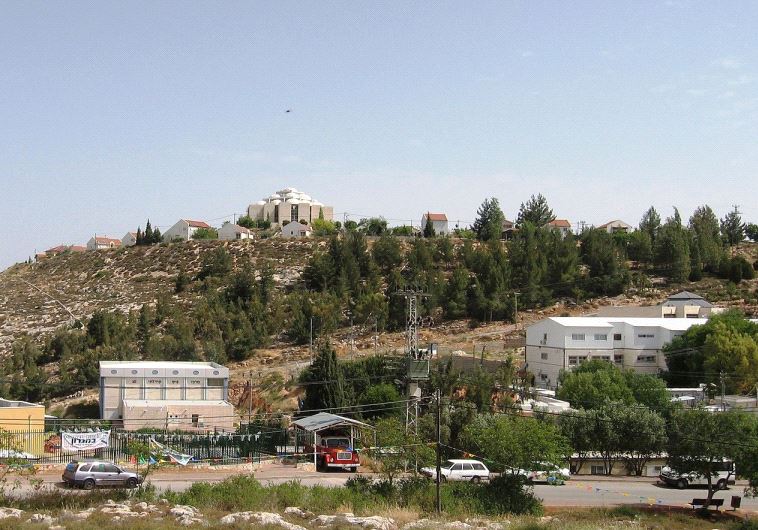US hints at linkage between military assistance and settlement building
The very harsh tone of the statement has fueled speculation that the US may support an anti-settlement resolution in the UN Security Council.
 (photo credit: DANIEL VENTURA/WIKIMEDIA COMMONS)Updated:
(photo credit: DANIEL VENTURA/WIKIMEDIA COMMONS)Updated: